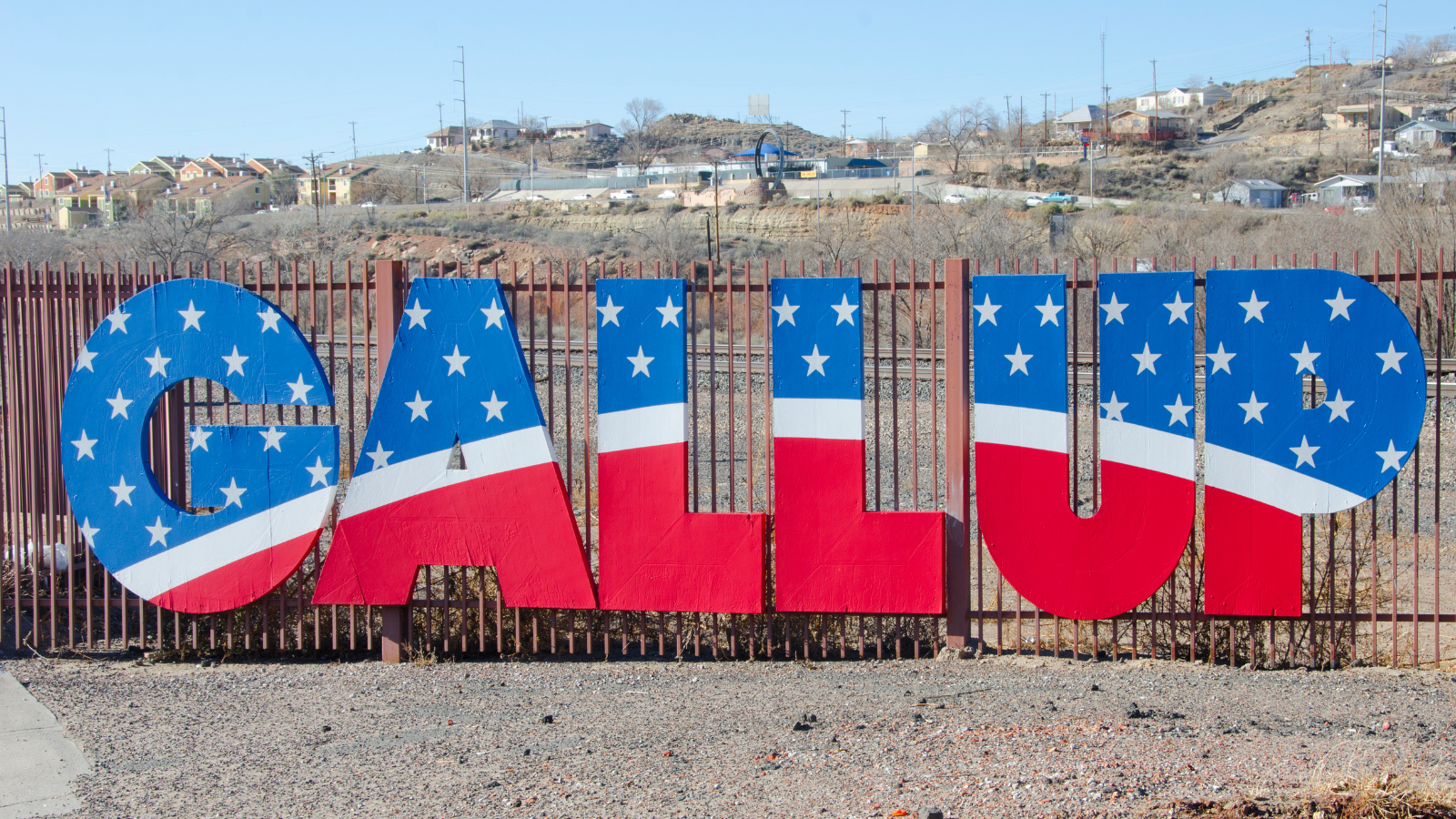Wealthy Americans Building "Passport Portfolios" for Security and Flexibility
In an intriguing shift, more and more affluent American families are opting for second, or even multiple, citizenships and residences - a phenomenon that Henley & Partners terms as "passport portfolios." This isn't just a lifestyle choice but a strategic move, providing a safety net in unpredictable times. The U.S. is currently at the forefront of this trend, with well-known personalities like Peter Thiel and Eric Schmidt leading the charge by acquiring citizenships in New Zealand and Cyprus.
What's driving this? Political uncertainties, the ease of international travel, safer business journeys, and the need for alternative residencies. Preferred spots include Portugal, Malta, Greece, and Italy, with their attractive investment-for-residency programs like Portugal’s “Golden Visa.”
📈 Impact on Transportation & Logistics
This shift isn't just a blip on the radar for those in the transportation and logistics sector. Here's why it matters:
Boost in International Relocation Services: With more individuals seeking homes overseas, there's a growing need for comprehensive international moving services. This isn’t just about shipping belongings but managing complex, cross-border logistics.
Global Network Expansion: This trend underscores the importance of global connections. Forming alliances with logistics firms in popular destinations could be a game-changer.
Tailored Logistics Solutions: High-net-worth clients seek discreet, bespoke services. There’s a niche market emerging for upscale, personalized logistics solutions.
Geopolitical Insight: Understanding why and how global mobility is changing helps anticipate shifts in logistics needs, informing strategic decisions.
🔍 Our Perspective
This isn't merely a shift in demographics but a golden opportunity for logistics professionals. The rise in passport portfolios among the wealthy signals a demand for sophisticated, high-end international relocation services. It’s more than moving items; it’s about navigating the complexities of global mobility with finesse and security.
Are we ready to meet the demands of this evolving market?
🔗 Read more on this trend at CNBC >
More than half of Americans believe the U.S. is in a recession, even though the GDP has been growing for several years.
A Business Insider analysis of 2022 US Census Bureau data revealed stark contrasts in the middle-class population across states.
President Joe Biden is advocating for a significant increase in tariffs on Chinese steel and aluminum imports, proposing to triple the current rates.
The recent woes faced by America's leading automakers - Ford, General Motors, and Stellantis - have gone largely unnoticed amidst their impressive profits.
Drought conditions in the Midwest and lower-than-normal rainfall in parts of the eastern U.S. is causing water levels to drop on the Mississippi and Ohio rivers for the second consecutive year.
As the pandemic recedes, more Americans are gravitating towards part-time and freelance work, seeking flexibility in the job market where workers still have the upper hand.
A new Gallup poll has shown that Americans lack confidence in President Biden, Federal Reserve Chair Jerome Powell, and Treasury Secretary Janet Yellen when it comes to the economy.
It's typical for companies operating in foreign countries to have concerns and viewpoints regarding the state of bilateral relationships, particularly when their operations are located in those countries.
Despite the nine interest rate hikes imposed by the Federal Reserve over the last year, American employers have added over 236,000 new jobs.
The EBIKE act launched two years ago, had proposed giving Americans a $1500 price tag reduction on a brand new Ebike.
Just this week, diesel prices have declined 6.2 cents. This dip has lowered the national average to less than $4.2 per gallon, and the per-barrel oil price dropping alongside it.
As interest rates rise, the cost of borrowing for businesses increases.
These results are somewhat surprising, considering many of those same individuals are interested in the technology that powers those systems.
The usual economic indicators for a recession aren’t coinciding with what economists are used to… creating mass confusion.
After several years of cash stacking up in American households due to the pandemic, the pocketbooks are now wearing thin.
While California and New York lost hundreds of thousands of residents, Florida, North Carolina, South Carolina, and Texas were mass gainers. Some speculate that the migration is due to lower taxes and also reference the strong job market and “bounce-back” post-pandemic.
The imposed “cap” on the federal government’s debt has been increased over and over again over the last sixty years.
The United States should make up the vast majority of non-OPEC oil growth as the country’s oil drillers work overtime.
The U.S. has significant domestic reserves of many of the minerals used in battery production, including lithium, cobalt, and nickel.
Tom Madrecki, VP of supply chain and logistics for the Consumer Brands Association, is speaking out and calling on Congress to take responsibility for supply chain-related investments for the betterment of the United States.
Raimondo vocalized this in a speech on Wednesday, despite the obvious and glaring steps America is taking to protect its technological and military prowess from Beijing.
Dutch officials have refused the White House’s not-so-subtle attempts to curtail The Netherlands’ sale of chipmaking equipment to China.
While retailers continue to bite their nails in anxiousness over a looming railroad strike, shippers are begging for Congress to further intervene.
The trade between the old allies is strengthening once again as tied to Russia and China force the two to rely on one another.
In some areas, the issue to unraveling into situations of political unrest.
The CHIPS Act, passed by the Senate with a 64-33 vote last week, promises $52 billion to boost American semiconductor manufacturing on its own soil.
U.S. companies are bringing workforces and supply chains back to American soil at significant rates.





























A recent Harris poll for The Guardian reveals widespread misconceptions about the U.S. economy. Most Americans (56%) believe the country is in a recession, but it's not